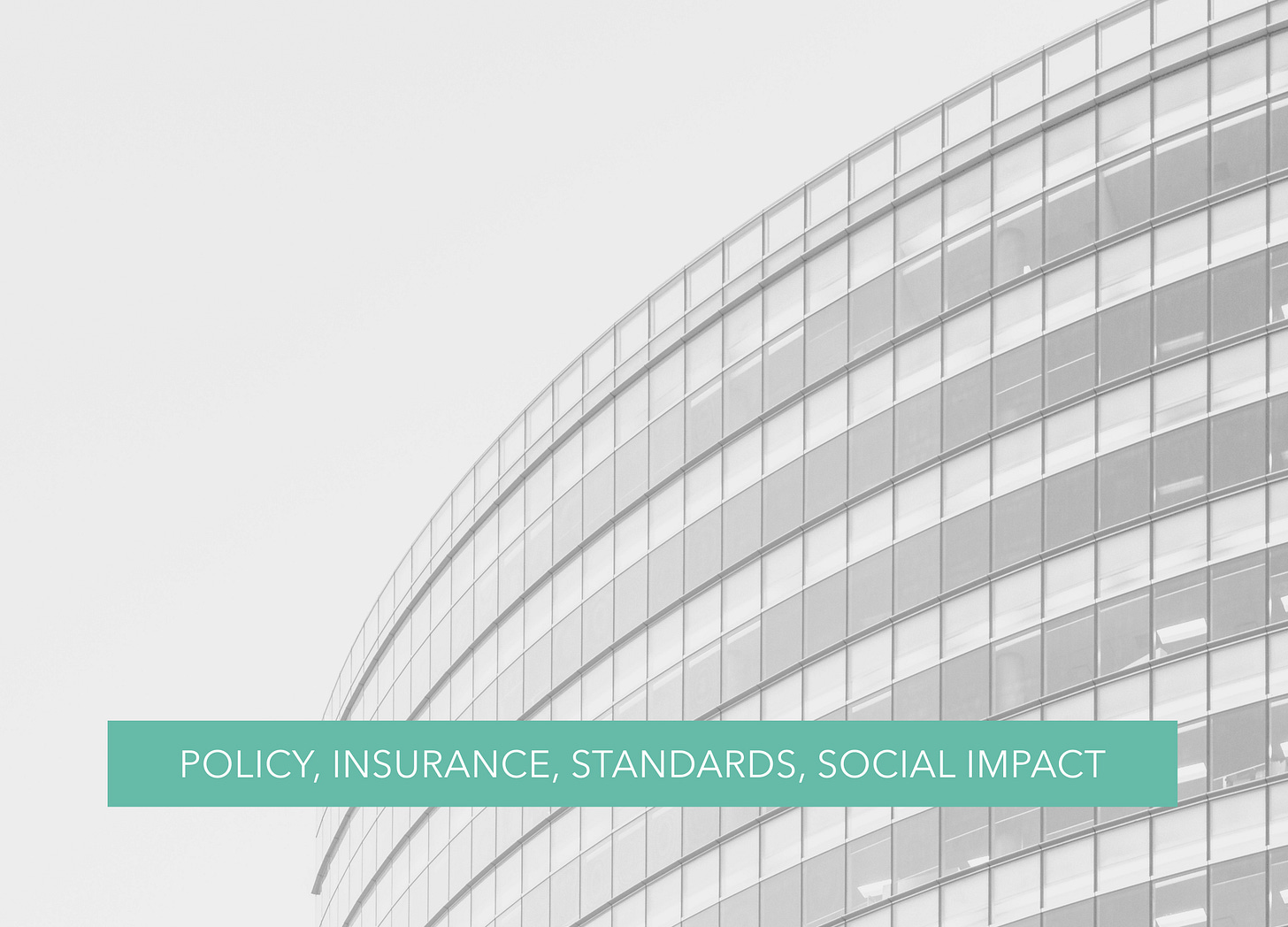Decarbonizing Canada’s Commercial Buildings
REALPAC, Place Centre, Canada Green Building Council (2024) | Policy, Insurance, Standards, Social Impact
Full access to the post is available to paying subscribers only.
Canada’s commercial real estate industry is a major contributor to the economy and is under urgent pressure to decarbonize. Buildings account for 18% of national emissions, mostly from space and water heating powered by natural gas. Despite growing awareness, progress is hindered by six key…
Keep reading with a 7-day free trial
Subscribe to SAM Curated to keep reading this post and get 7 days of free access to the full post archives.



